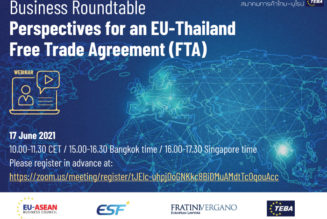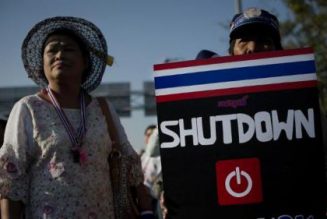The Thai-European Business Association has suggested that the government empower the Board of Investment and its offices abroad by providing more resources in order to promote and increase the communication channels between foreign investors, Thai officials and the Thai private sector. It is hoped the move would encourage more Western investments in the country.
The Thai-European Business Association has suggested that the government empower the Board of Investment and its offices abroad by providing more resources in order to promote and increase the communication channels between foreign investors, Thai officials and the Thai private sector. It is hoped the move would encourage more Western investments in the country.
Meanwhile, more than half the major European businesses who already have a presence here, especially in the automobile industries, are looking to expand their footprint in Thailand through increasing their capacity and expanding their production base in preparation for the full implementation of the Asean Economic Community next year. About 80 per cent of the TEBA’s 50 members belong to the automobile industry.
“A large number of European companies are increasing their footprint here because of their positive projections on growth within Thailand, in the region, and globally,” TEBA president Uli Kaiser said. “Many of our members are looking at significant increases of investment on their manufacturing and production side and this is part of the growth plan that has been ongoing for the past two years while some have almost doubled their capacity here during this time.”
Despite the rosy picture, Kaiser said that lack of information on investment opportunities in the Kingdom was one reason many investors in Europe still saw the country as a tourist destination more than as manufacturing or investment hubs. “For European investors, Thailand and Asean are still in their blind spot,” he said.
“Meanwhile, the overall engagement of many large European companies here is still disproportionately small, as most Europeans still perceive the Asean region as only a holiday destination. They know of the beaches but they don’t know about the industrial estates.” He suggested that the Thai government provide BOI offices abroad with much more resources in order to equip them with a greater ability to reach a larger group of foreign investors through forums, trade shows, and exhibitions while encouraging more communication between Thai operators and their European counterparts via business trips to each other’s country.
“The BOI already has offices in Frankfurt, Paris, and Stockholm and as the BOI board is now chaired by Prime Minister Prayut Chan-o-cha himself and it is currently under reform, it is a good time for the agency to enhance its ability to promote investment in Thailand,” he said.
“And the government has to empower the BOI to do more by giving it more resources to start doing it in full swing from the structure that is already well in place. Also other bilateral trade-support organisations such as the chambers of commerce should be integrated in this approach.”
Kaiser said the increase of European investment here would support the transfer of technology, which was greatly needed for a country that was trying to escape from the middle-income trap through the creation of value-added products such as Thailand. “it is not even desirable to be competing as a lowest labour cost in the region because the means to escape from the middle-income trap is through productivity and this is done by not gauging the labour cost but what it produces,” he said. “And in order to gain productivity, you would need education and technology.”
He explained that many European investors in Thailand didn’t have a problem with the current shortage of unskilled labour because the level and the kind of production technology that they used were not labour intensive.








